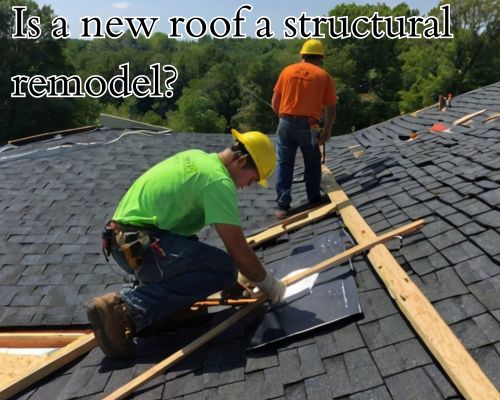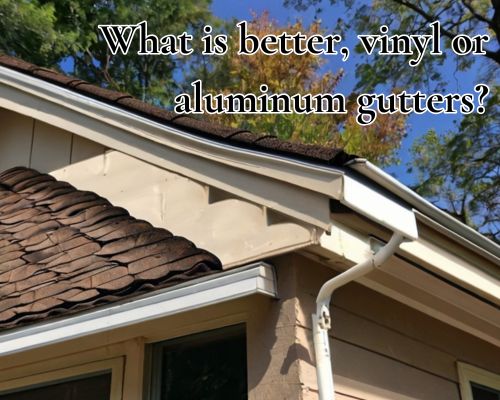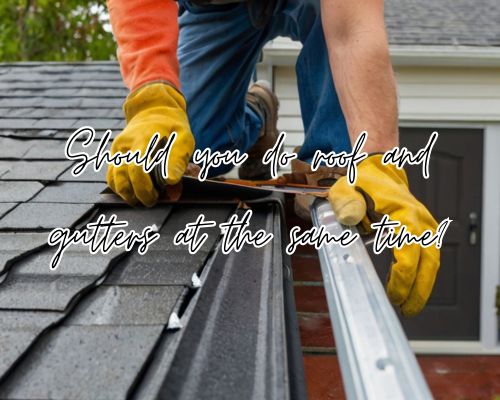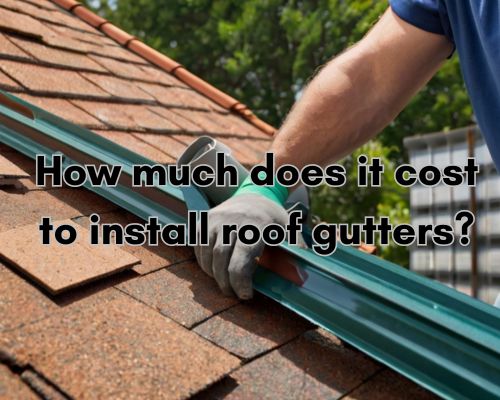Roof restoration is a cost-effective and efficient way to extend the lifespan of your roof, improve energy efficiency, and enhance the overall curb appeal of your home. But one of the most common questions homeowners in New Jersey ask is: How long does roof restoration last? The answer depends on several factors, including the materials used, weather conditions, and the quality of workmanship. With CJ Commercial Roofing NJ, we will explore everything you need to know about roof restoration longevity, focusing on New Jersey-specific factors that can impact its lifespan.
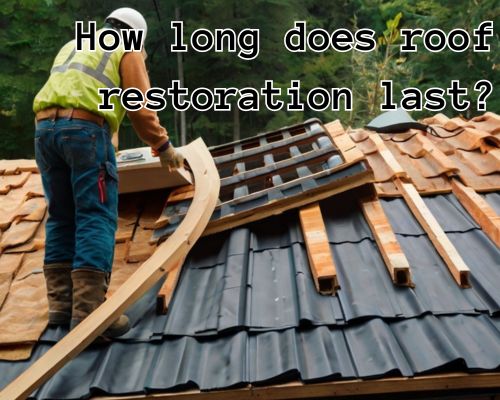
Understanding Roof Restoration
Roof restoration involves repairing, cleaning, and recoating an existing roof rather than fully replacing it. This process is suitable for roofs that have some wear and tear but are still structurally sound. Restoration typically includes:
- Fixing leaks and minor damage
- Cleaning and removing moss, mold, and debris
- Applying a protective coating to improve durability
Unlike full roof replacements, restorations are more affordable, environmentally friendly, and can significantly extend the life of your roof.
How Long Does Roof Restoration Last?
On average, a professionally restored roof can last between 10 to 20 years, depending on the following factors:
1. Type of Roofing Material
- Asphalt Shingles – The most common roofing material in New Jersey, asphalt shingles can last 10-15 years after restoration, provided they are properly maintained.
- Metal Roofing – With restoration, metal roofs can last 15-20 years, as coatings help prevent rust and corrosion.
- Tile Roofing – Clay or concrete tiles can last 15-20 years post-restoration, as they are naturally durable but benefit from sealing treatments.
- Flat Roofing (EPDM, TPO, PVC) – Common for commercial buildings, these materials can last 10-15 years with restoration due to the application of protective coatings.
2. Weather Conditions in New Jersey
New Jersey experiences hot summers, freezing winters, and heavy precipitation, all of which impact roof longevity. Harsh winters with snow and ice accumulation can cause expansion and contraction, leading to wear over time. Meanwhile, coastal areas like Atlantic City and Cape May face high salt exposure, which may degrade certain roofing materials faster. Inland areas like Princeton or Morristown typically have better longevity due to fewer environmental stressors.
3. Quality of Workmanship and Materials
A roof restoration is only as good as the professionals who perform it. High-quality materials, such as elastomeric coatings, silicone sealants, and reflective roof coatings, can extend a roof’s lifespan. Hiring an experienced New Jersey roofing contractor like CJ Commercial Roofing NJ ensures that:
- Proper inspections are conducted before restoration.
- Repairs address underlying issues like leaks or water damage.
- Coatings are applied correctly for maximum protection.
4. Roof Maintenance and Upkeep
Regular maintenance is crucial to extending the life of a restored roof. Homeowners in Trenton, Newark, and Jersey City should schedule annual roof inspections and cleanings. Proper maintenance includes:
- Removing debris, moss, and algae buildup
- Checking for leaks and resealing problem areas
- Ensuring gutters and drainage systems remain clear
Signs That Your Roof Needs Restoration
If you’re unsure whether it’s time for roof restoration, look for these warning signs:
- Water Leaks: Stains on ceilings or walls indicate roof damage.
- Cracked or Missing Shingles: A sign of aging asphalt shingle roofs.
- Moss and Mold Growth: Excessive moisture retention weakens roofing materials.
- Rusted Metal Panels: Corrosion can reduce a metal roof’s lifespan.
By addressing these issues early, you can avoid costly roof replacements and extend your current roof’s durability.
Roof Restoration vs. Roof Replacement: What’s the Better Choice?
Many homeowners in New Jersey wonder whether roof restoration is a better investment than a full roof replacement. Here’s a quick comparison:
| Factor | Roof Restoration | Roof Replacement |
|---|---|---|
| Cost | Lower ($3,000 – $10,000) | Higher ($8,000 – $25,000+) |
| Time | 2-5 Days | 1-2 Weeks |
| Lifespan Extension | 10-20 Years | 20-50 Years |
| Sustainability | Eco-Friendly (Less Waste) | More Waste (Tear-off Needed) |
If your roof is over 25 years old or has severe structural damage, a full replacement may be necessary. However, if your roof is still in relatively good condition, restoration is a cost-effective alternative.
Best Roof Restoration Options for New Jersey Homes
Depending on your location in New Jersey, certain restoration techniques are more effective:
- Silicone Roof Coating: Ideal for flat and metal roofs, particularly in coastal cities like Long Branch and Wildwood, where salt and humidity can cause corrosion.
- Acrylic Coating: Great for areas with higher UV exposure, such as Hoboken and Edison.
- Asphalt Shingle Sealing: Best for suburban homes in Cherry Hill, Paramus, and Woodbridge where shingle roofs are common.
Finding a Reliable Roof Restoration Company in New Jersey
Choosing a reputable roofing contractor is crucial for a successful restoration. Look for companies that:
- Are licensed and insured in New Jersey
- Have positive customer reviews and a proven track record
- Offer warranties on their restoration services
Well-established companies serving Camden, Elizabeth, and Paterson often provide free roof inspections and consultations, making it easier for homeowners to assess their restoration options.
Conclusion
So, how long does roof restoration last in New Jersey? With proper materials, skilled workmanship, and regular maintenance, a restored roof can last 10-20 years. Factors like weather conditions, the type of roofing material, and ongoing care play crucial roles in longevity. If your roof shows signs of wear but isn’t in need of total replacement, restoration is a smart investment that enhances durability, saves money, and boosts energy efficiency.
For homeowners in New Jersey towns like Montclair, Vineland, or Bridgewater, investing in roof restoration can provide peace of mind while protecting their home from the unpredictable Northeastern climate. If you’re considering restoring your roof, consult with a local roofing expert to determine the best course of action for your home.
By following these insights and working with experienced roofing professionals in New Jersey, you can ensure your home stays protected for years to come!
